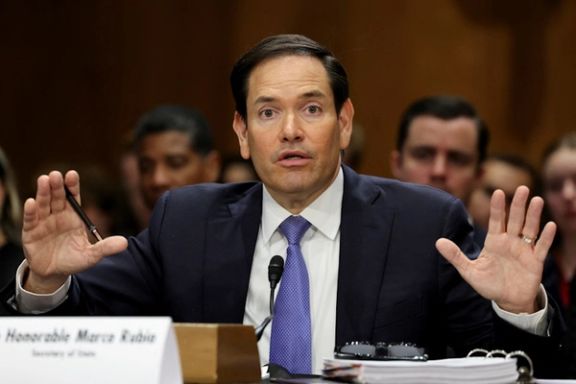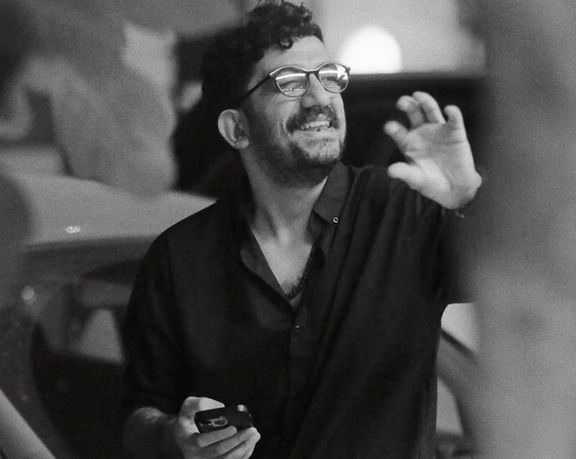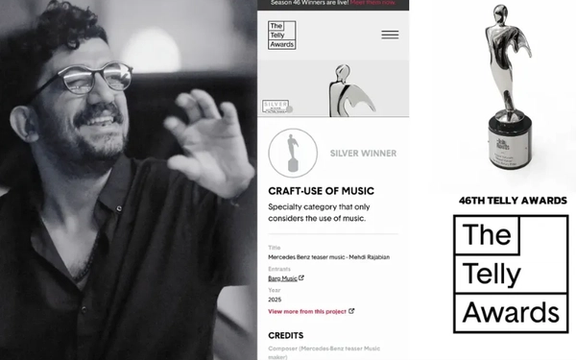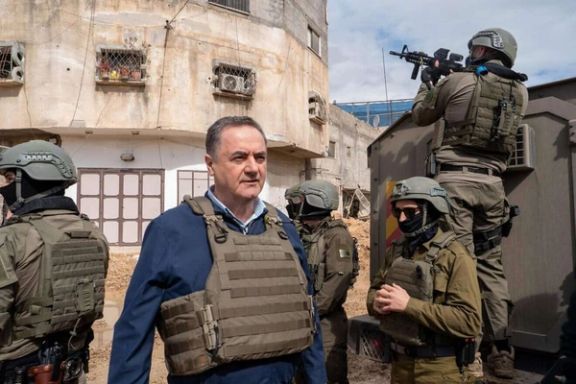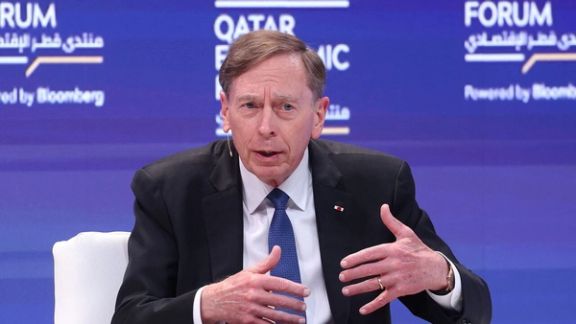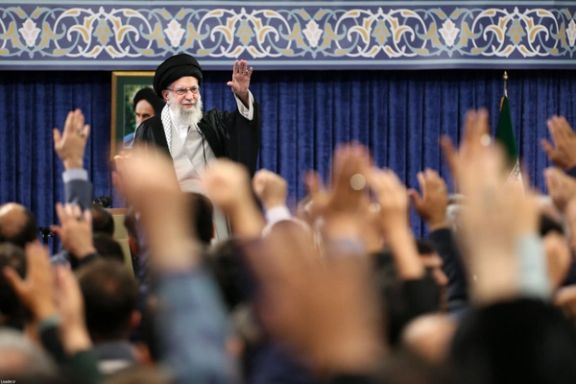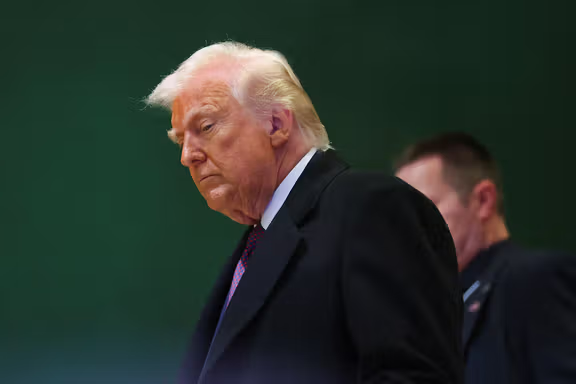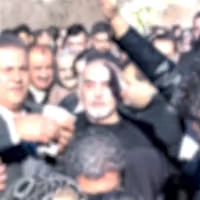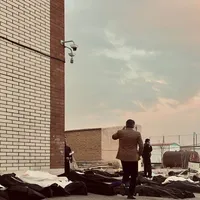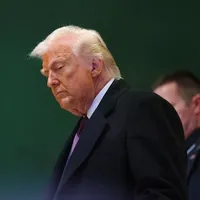Iranian enrichment
"Once you know how to enrich at any level, all you need is time to be able to enrich at a higher level. And they've already proven the ability to enrich at a higher level. In fact, they have and are doing so now," Rubio said on Tuesday.
"They claim that enrichment is a matter of national pride. It is our view that they want enrichment as a deterrent, they believe that it makes them a threshold nuclear power, and as a result, becomes untouchable," Rubio told the Senate Foreign Relations Committee. "That is the crux of the situation we're facing right now."
"Our hope is that we can encourage them to show them a path towards prosperity and peace that allow them to develop their economy, that allow them, if they want, to have a civil nuclear energy program like other countries around the world have - without enrichment."
Terrorism, missile sanctions
"Obviously we're aware of their sponsorship of terrorism in the region, including the Houthis and Hezbollah and other groups such as these, the militias in Iraq and their efforts to get back into Syria. Right now, the focus at this point of (the talks) has been their enrichment capability and their insistence on enrichment capability," Rubio said.
"Ultimately, I would say that if in fact we have sanctions that are related to the sponsorship of terrorism and a violation of weapons conventions and the like, their long-range munitions—those sanctions will remain. If those aren't part of the deal, then the sanctions will remain as a result of that," he added.
"The focus of the conversations over the last few weeks with (US special envoy) Witkoff and the Iranians has been on this enrichment matter, which is by far sort of the core and most critical matter."
Maximum pressure
"The administration sanctioned 72 entities, 14 individuals, 74 vessels, as well as 18 additional entities, including two Chinese-based oil terminals, 13 vessels," Rubio said.
"I think the maximum pressure campaign is working. We're already seeing a reduction in Iran's ability to fund destabilizing operations across the region ... we're going to continue with sanctions until there's a deal," he told the Senate Foreign Relations Committee.
"The administration’s maximum pressure campaign has secured the release of the last living American hostage held by Hamas, a pledge by the Houthis to abandon attacks on American ships and forced Iran to beg for talks with the United States," Rubio said earlier in the day in prepared remarks submitted to the committee.
European sanctions
"There's a separate set of sanctions out there, which are the snapback provisions that the E3 in Europe have," Rubio said, referring to Britain, France and Germany - the European signatories to a lapsed 2015 nuclear deal with Iran.
"That's on another clock, completely different from ours ... Now, maybe we'll do a deal with Iran and they'll be satisfied with it and not impose their sanctions," he added.
"They are moving forward on their process, independent from ours."
